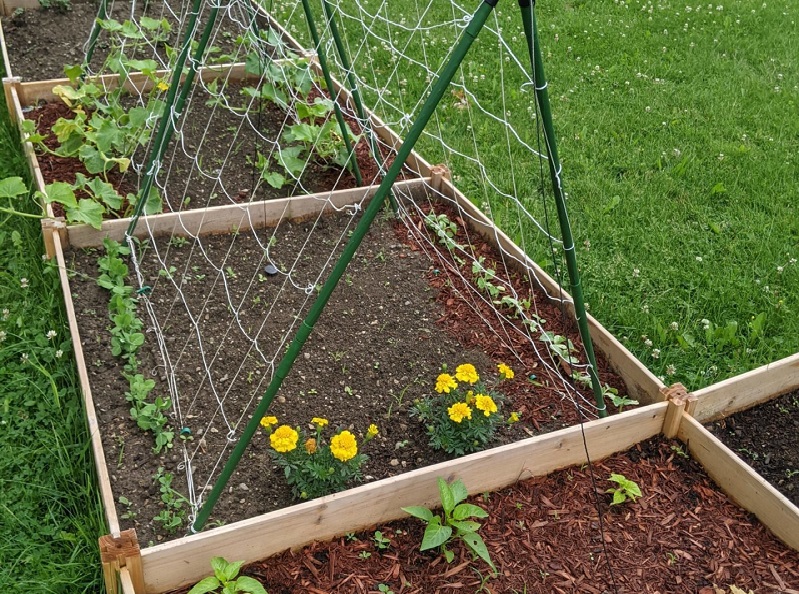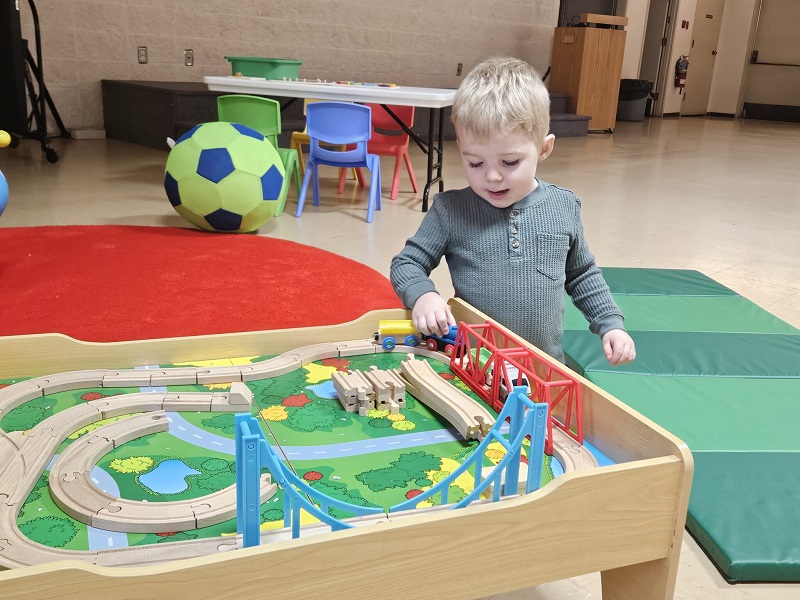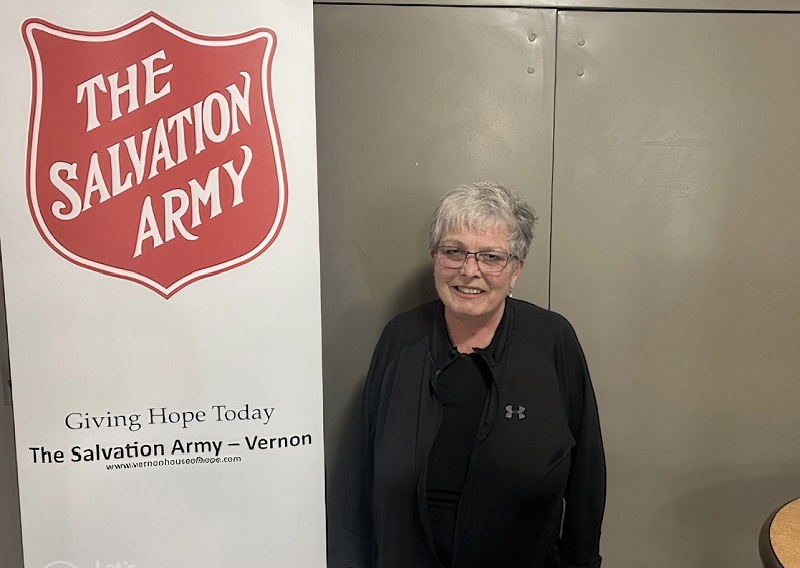Gardeners Gain Food Literacy Through Harvest of Hope in Listowel

Food literacy encompasses more than just knowing what is on your plate. It also includes an understanding of where food comes from, growing food and food preparation.
Listowel’s Salvation Army Community and Family Services takes those concepts to heart with its commitment to lessening food insecurity while growing the knowledge of food literacy.
“Students, led by excellent volunteers, followed a program which had them actively participate in food prep, learn about where their food came from and culminated in a dinner prepared by them, and eaten with their families,” said Gwyneth Woods, Manager of Community and Family Services in Listowel.
This process started prior to the pandemic with a curriculum-based program for youth aged 9 to 11, and when that program was put on hold in 2020 because of COVID-19, CFS in Listowel was undaunted.
That spring, Listowel CFS started a “virtual” bucket garden where residents received tomato plants and gardening supplies, allowing them to join an online community of growers.
 “We hoped to create a sense of community when people were feeling isolated and also to try out ideas we had in mind for a much larger plan,” Gwyneth said.
“We hoped to create a sense of community when people were feeling isolated and also to try out ideas we had in mind for a much larger plan,” Gwyneth said.
To complement the existing community garden program in North Perth, Wendy Johnstone, Pastor for the Salvation Army Church in Listowel, came up with the idea of a teaching garden on the church property.
Right around the same time, food bank coordinator Carolyn Saunders brought her background in food security and urban agriculture to the Harvest of Hope garden.
“We decided that the space could be used as an educational garden to help break some of the barriers novice gardeners might face – fear, lack of experience and lack of space,” Carolyn said.
All food harvested from the garden goes directly to stock The Salvation Army Food Bank with fresh vegetables for clients.
This past summer, 16 youth participants helped thin carrots, pick harvest-ready produce and plant late summer crops. They also decorated pails for garden stands on the property.
“The garden allows for trial and error, but most importantly it actively engages participants as part of the process and lets them get their hands dirty,” Carolyn said.
Next summer, plans are in the works to expand the Harvest of Hope project by offering programs specific to garden maintenance, weed control, and other garden-related problems.
“The program was very successful and engaging. We’re very thankful for our community partners and everyone who participated in the program,” Carolyn said.
By Chris McGregor




